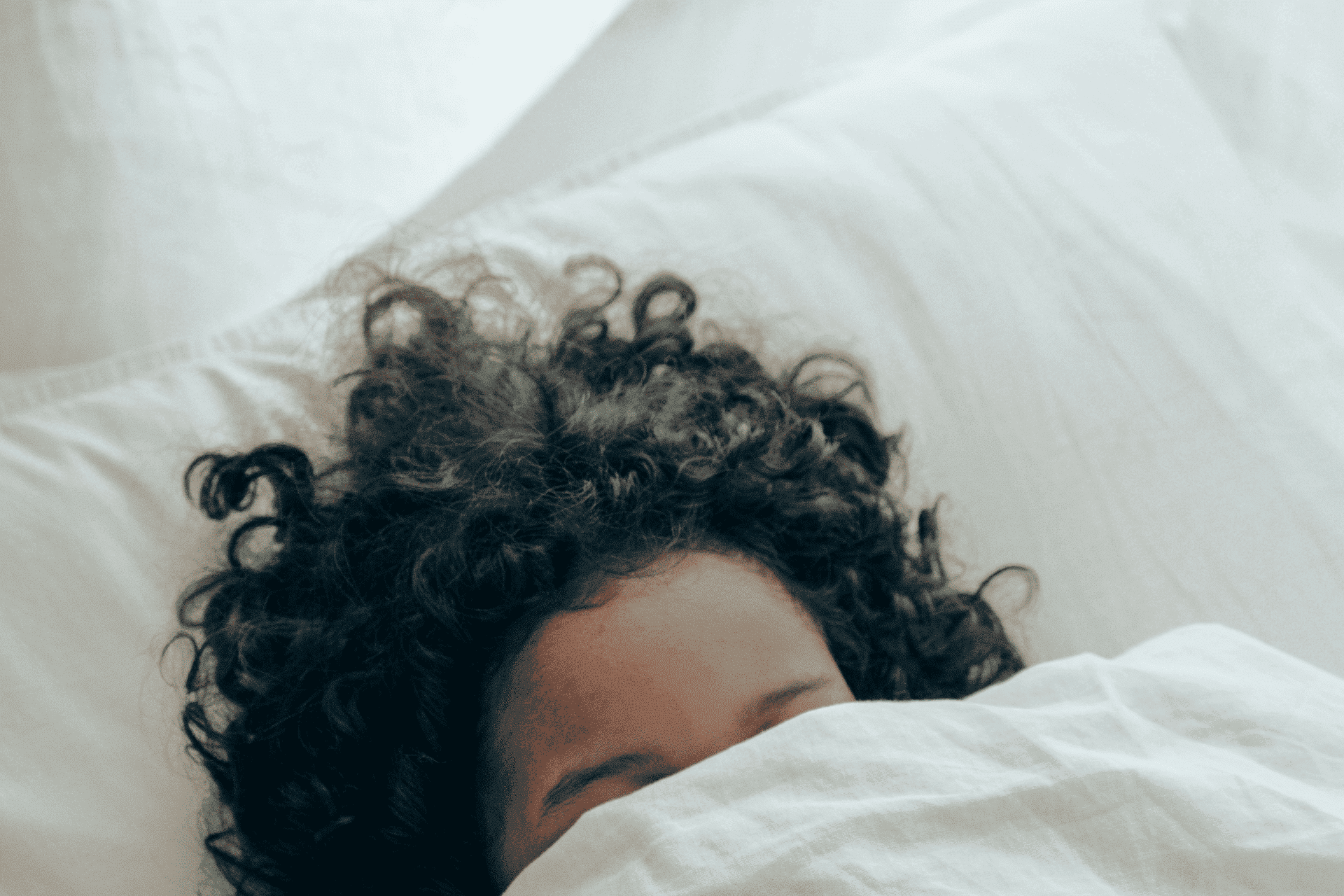Sleep helps your body and brain function properly. A good night’s rest can help improve your learning, memory, decision-making, and even your creativity.
If you’re having issues with your bedtime schedule, you may want to keep reading! Having regular poor sleep puts you at risk of serious medical conditions, including: obesity, heart disease and diabetes – and it can also shorten your life expectancy! While it can be easy to get caught up in day-to-day problems and sacrifice sleep, you must remember to take care of your body and give it the rest that it needs. Fortunately, there are a number of things you can do to take charge of your sleep schedule and make it more routine. From your diet to small changes in behavior, little habits can result to a big difference!
What food items or drinks can help improve sleep?
-Almonds (and many other types of nuts), are a great source of the natural hormone melatonin. Melatonin helps regulate your internal clock and sends signals to your body that it is time for some shut-eye.
-Turkey isn’t just for Thanksgiving! Turkey contains the amino acid tryptophan. This increases the production of melatonin in your body.
-Are you a tea drinker? Chamomile tea improves the quality of sleep. It also lessened symptoms of depression. It has a soothing, gentle, calming effect and is delicious with a little bit of honey!
Other foods include kiwis, fatty fish, or walnuts!
So how much shut-eye do we really need a night?
Most of us typically need about 8 hours of good-quality bedtime a night to function properly and well – (some may need a lot more and some less). What really matters is that you find out how much you need for your body and then try to achieve it. If you find yourself waking up tired or lethargic and spend the day wishing for a nap, it’s very likely that you’re not getting enough sleep. Many factors can cause poor sleep, including health conditions such as sleep apnea. However for most cases, it’s just due to bad sleeping habits. Thankfully these bad habits can be kicked to the curb!
What are some strategies for better sleep?
-Go to bed and wake up at the same time every day, keep the same sleep schedule on weeknights/weekends. -Limit the difference to no more than about an hour. Staying up late and sleeping in late on weekends can disrupt your body clock’s sleep–wake rhythm.
-Use the hour before bed for quiet time. Avoid strenuous exercise and bright artificial light, such as from a TV or computer/phone screen. The light may signal the brain that it’s time to be awake.
-Spend time outside every day (when possible) and be physically active.
Talk to a pharmacist today if you are having issues with your sleep schedule!







